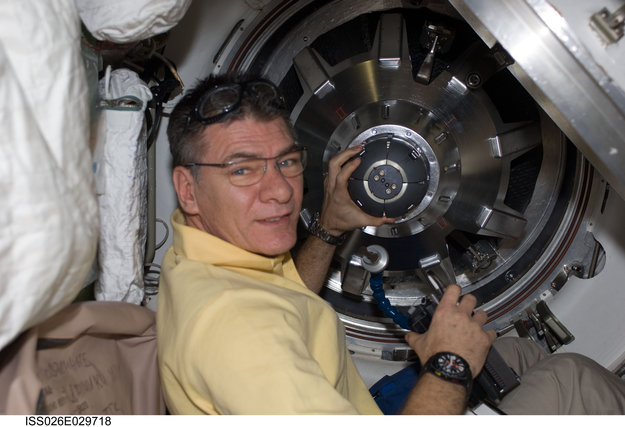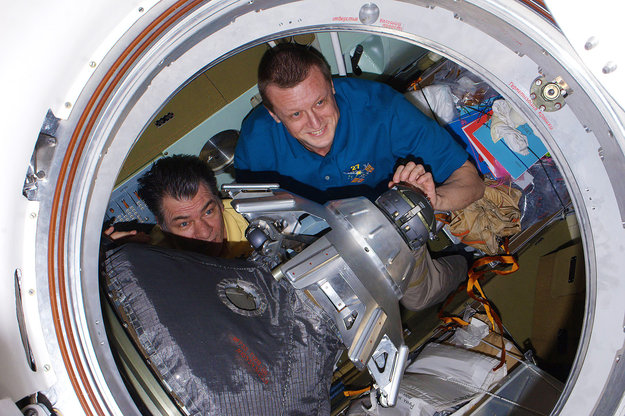In just one week I will join five other astronauts from all over the world for a space analogue training exercise in a natural, partially unexplored cave system in Sardinia, Italy. It is funny that for this event we will be heading down and not “out of this world”, for a change.
I am thrilled by the idea of being on this training exercise, for many reasons.
First of all, in the fall of 2004 I was the one who suggested to ESA and specifically Loredana Bessone of the European Astronaut Centre, to consider conducting behavioural training in field exercises set in highly operational environments. I remember suggesting trying underground natural caves since, I thought, they would probably bring the participants closer to some of the peculiar space environment elements like sensory deprivation, isolation and confinement.
Secondly, I am looking forward to experience the “explorer” effect that I felt when I was young and went spelunking in makeshift expeditions with friends in caves near my hometown. Those were real adventures since we would never know exactly how long we would stay underground, sometimes two or three times longer than we had planned, because we would discover a new section and we could not resist exploring as far as we could.
Of course, this exercise is not just about exploration but mainly focuses on personal and group behaviour. Hence the name: Cooperative Adventure from Valuing and Exercising human behaviour and performance Skills (what a mouthful, only real space geeks could think of it!). After having been in space for a long duration mission, I experienced first-hand how human behaviour and performance are important for the success of a mission and how one can never know enough about these. So, I really welcome the opportunity of exercising them again and learning from others.
One of the items I will certainly focus on is the need for handling mistakes. Which means creating an environment so that when somebody makes a mistake (versus if somebody makes a mistake) the team is ready to catch it, neutralise it and learn from it (and, hopefully, not repeat it again). This is absolutely necessary for teams that must perform safely and effectively in critical operational environments.
Finally, we’ll also be doing very interesting cave science and we are hoping we will repeat or top last year’s exploit of finding and classifying a never-seen-before bug. In fact, I hope to share with you one of our experiments: Catch that bug! I am looking forward to seeing your videos and compare results!
See you underground!
Paolo Nespoli



Discussion: no comments